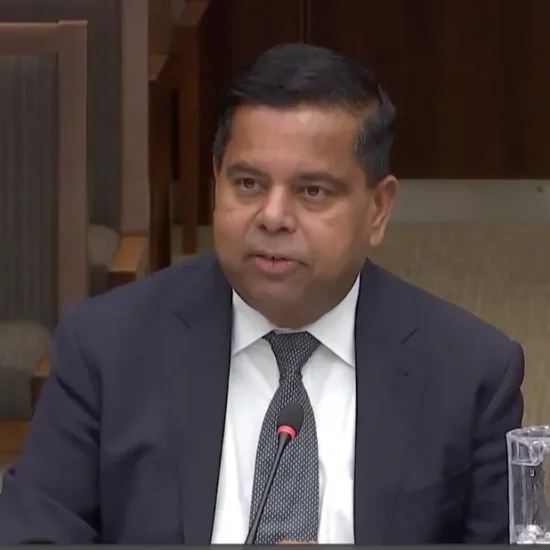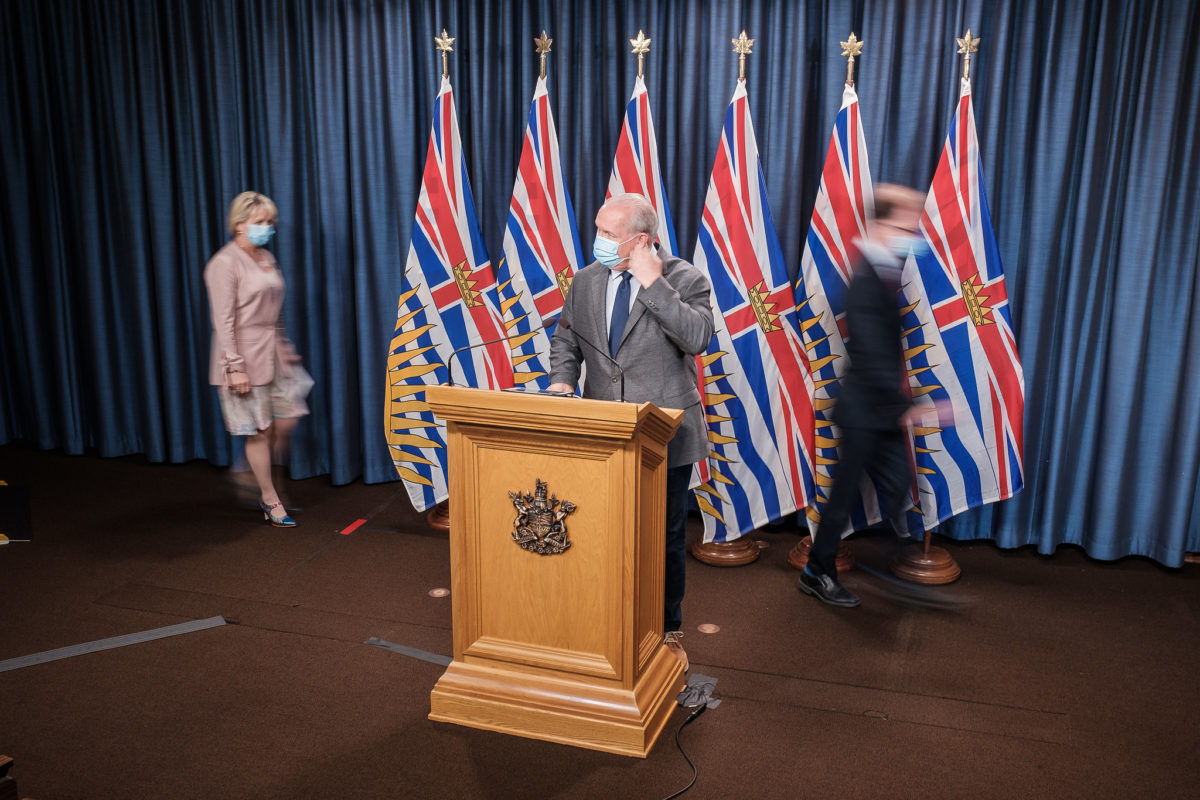
Bob Mackin
Until Premier John Horgan called a snap election, Dr. Bonnie Henry was British Columbia’s highest-profile public official of 2020.
Behind the scenes, the folk song-inspiring, Fluevog-wearing provincial health officer has her own spin doctor, who billed taxpayers more than $84,000 during four months earlier this year.
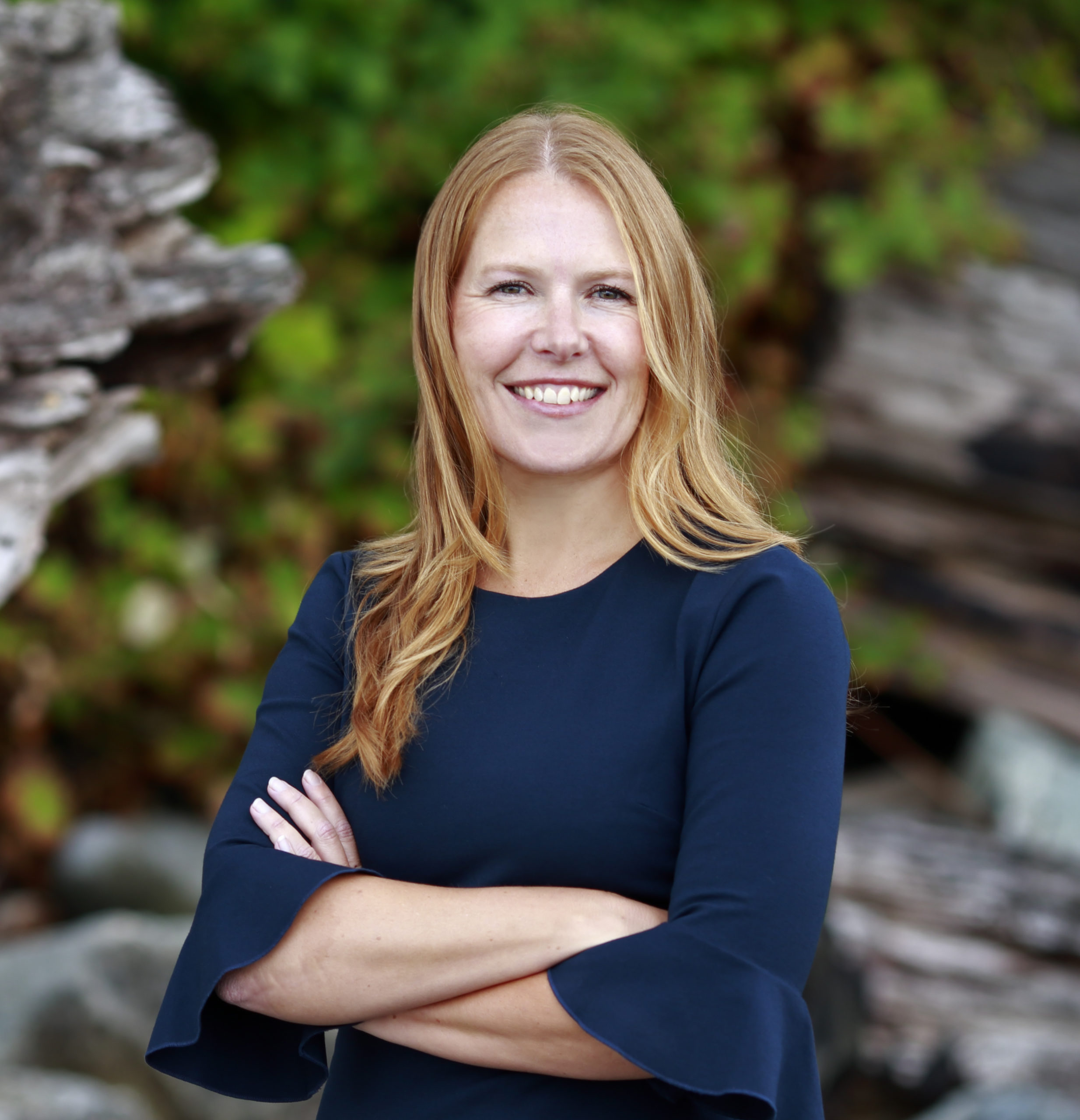
Nicola Lambrechts (NLK Strategies)
Nicola Lambrechts of NLK Strategies in North Vancouver was originally contracted by the Ministry of Health on an $8,000, no-bid contract to assist Henry with media relations, issues management, strategy, writing and messaging related to the coronavirus outbreak. The contract was awarded under emergency provisions of government procurement rules, but later increased to a maximum $149,900 through March 2021.
Documents obtained by theBreaker.news under the freedom of information law show NLK billed $8,400 for 40 hours in February and then averaged more than $25,000 a month from March through May. The government was supposed to release more-recent invoices on Oct. 6, but decided to delay until after the election.
Lambrechts is a former executive at National Public Relations and Longview Communications who was registered as a lobbyist for clients such as B.C. Maritime Employers Association, Coal Alliance and Westshore Terminals. Her public relations clients have also included Blackcomb Helicopters and developer Wall Financial.
Neither Henry nor Lambrechts responded for comment. Likewise, the Ministry of Health communications office did not reply to questions about the amount billed since June, why NLK was chosen for the assignment and why the job was not handled in-house.
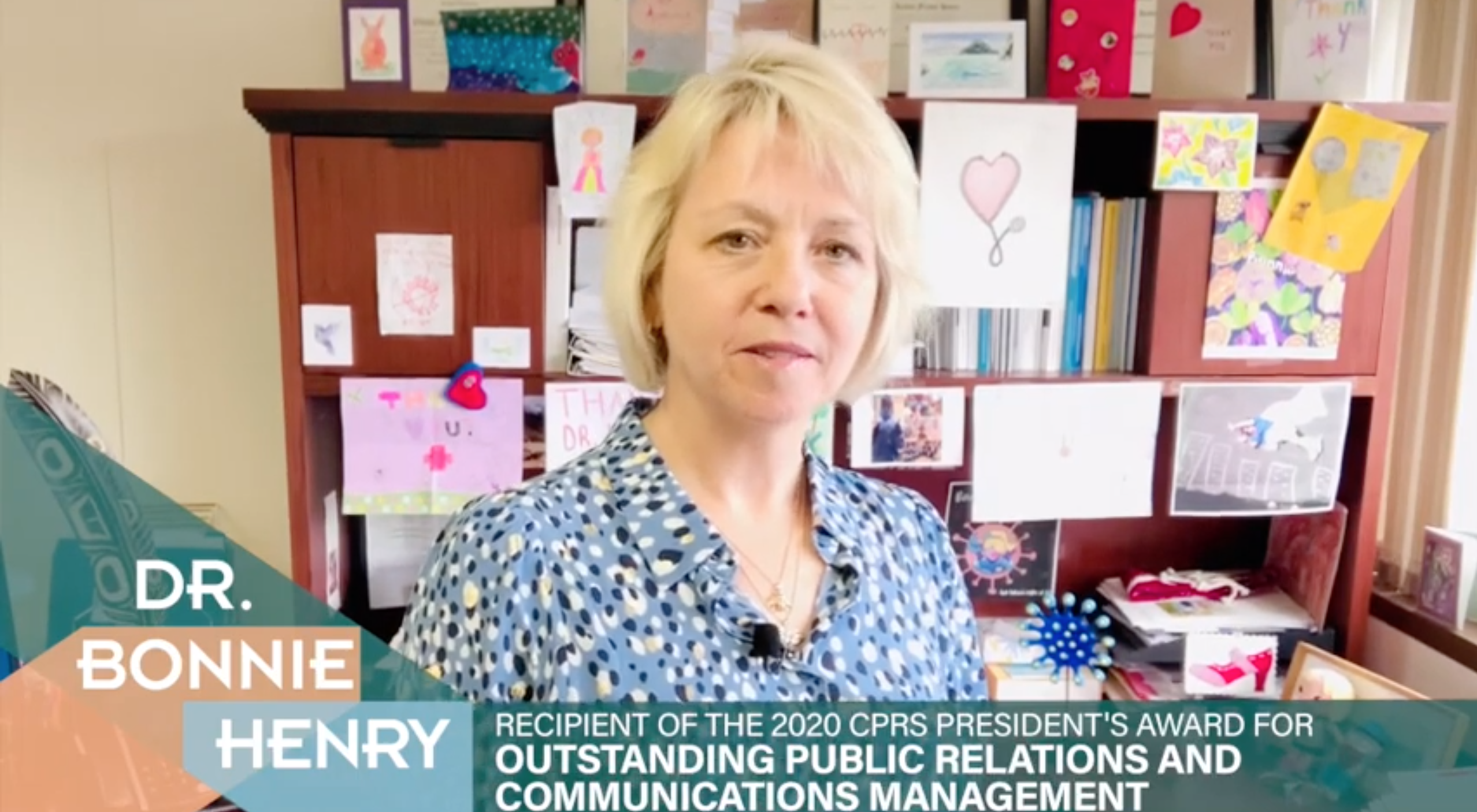
Dr. Bonnie Henry (CPRS/YouTube)
In February’s budget, the NDP government allocated $28.3 million to Government Communications and Public Engagement, the arm of the Finance Ministry that plans, coordinates and delivers communications programs, policies, research and services across government.
The Ministry of Health communications office inside GCPE boasts a roster of 16 employees, including three managers, a director, a coordinator and 11 public affairs officers.
The fact that Henry sought assistance is not a surprise, based on what she told the B.C. Medical Journal’s October 2018 edition.
Asked for her biggest regret, Henry answered: “Not being a better communicator to my patients, colleagues, family, and friends.”
In July, the Canadian Public Relations Society gave Henry its 2020 President’s award for outstanding public relations and communications management. Oddly, Henry’s YouTube acceptance speech did not include credit to Lambrechts.
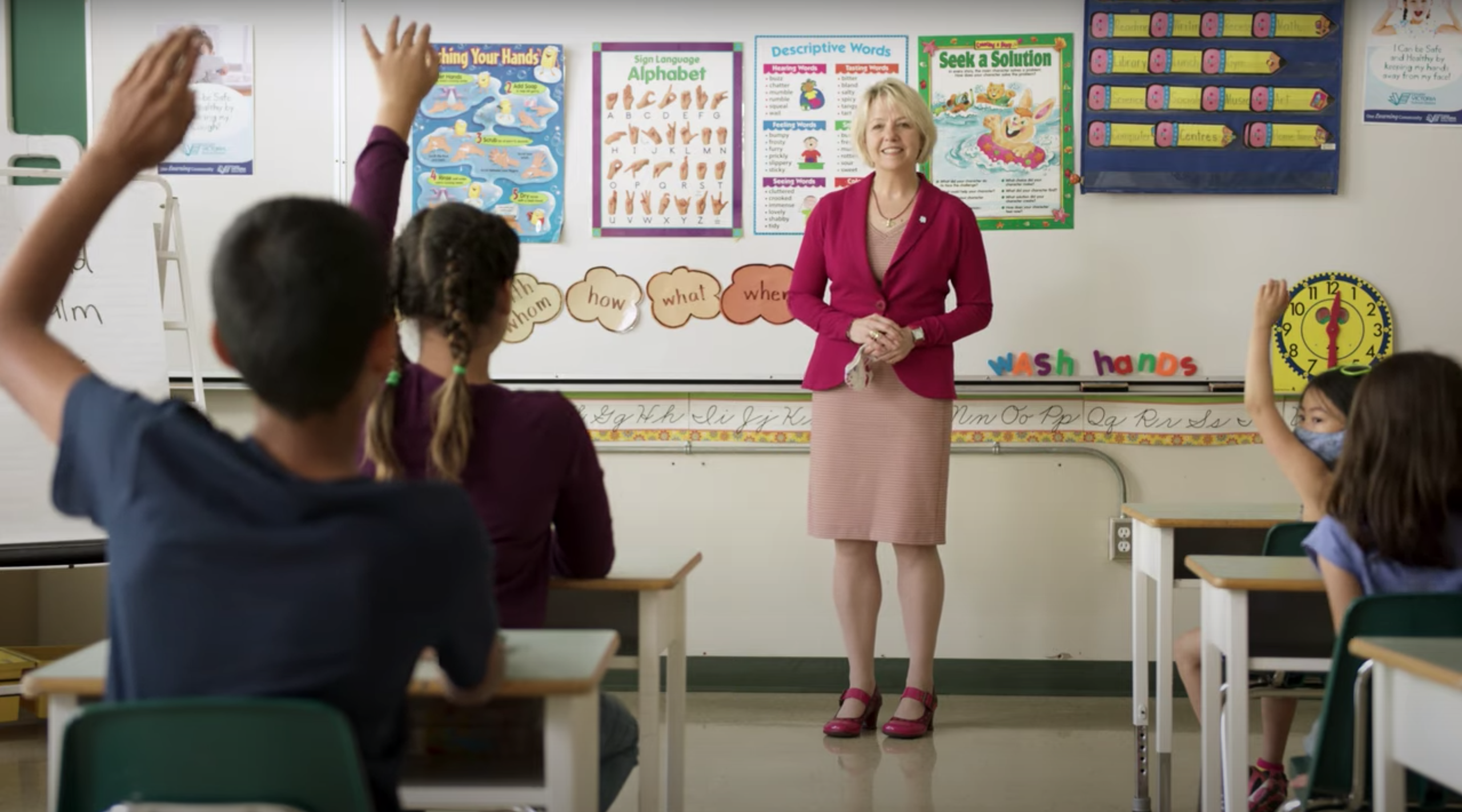
Henry’s Back to School campaign ad (BC Gov)
Since July, however, Henry’s communications strategy has come under fire from various corners.
The Nuu-chah-nulth, Heiltsuk and Tsilhqot’in first nations, the B.C. Teachers Federation, B.C. Nurses Union and parents at Caulfield Elementary school in West Vancouver have gone public, demanding better, quicker and more transparent public health communication.
An Oct. 5 report for the Canadian Federation of Nurses singled out B.C.’s NDP government for hiding too much information and putting the health of frontline nurses at risk.
“The most problematic jurisdiction may be British Columbia. Its publicly disclosed data has been incomplete, inconsistent and on occasion, seemingly contradictory,” wrote Mario Possamai in A Time of Fear: How Canada Failed Our Health Care Workers and Mismanaged Covid‐19.
On Oct. 19, Henry declared B.C. is in the second wave of the pandemic. Two days later, the government announced a record single-day new case count of 203. More than a third of all new B.C. cases have been announced since Horgan called the snap election on Sept. 21.
Support theBreaker.news for as low as $2 a month on Patreon. Find out how. Click here.






